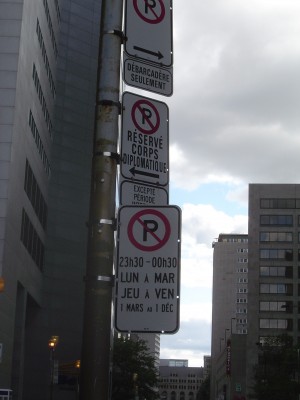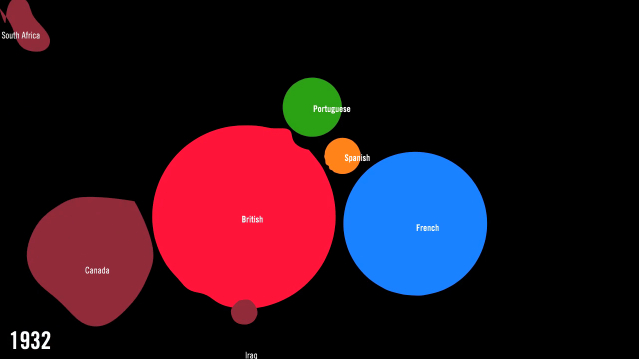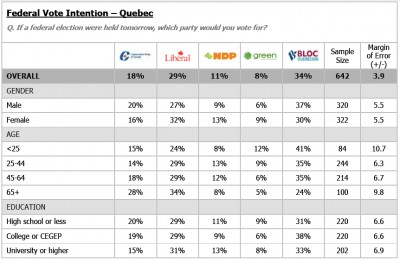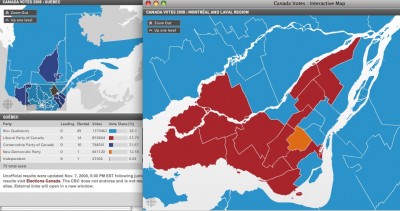
Notes from north of 49ºN
“Sugar Sammy” is an Indo-Canadian comic with a cultural studies degree from McGill who wants to portray the visible minority experience in Québec. While getting some acclaim in the anglophone realm and even had had a HBO special, the multilingual Sammy {who speaks Hindi, Punjabi, English, and French}, was up for an Olivier award for Québec humour.
A few weeks ago, I blogged about a Wind Mobile ad airing here in Canada that uses cultural stereotypes of south Asians as a part of its humour. In that post, I brought up the Apu “problem”, where a Simpson’s character also uses cultural stereotypes to get laughs and to shill for 7-11 with a promotional tie-in in 2007. In this stand-up clip, Sammy goes after Apu and how it’s voiced by a non-South Asian {Hank Azaria} and how media portrayals of South Asians tend towards the weird {go to 3:05}::
While using race as fodder for comedy is nothing new, there’s arguably more room for alternative cultural narratives, particularly with the proliferation of social media. Sammy’s experience of being Indian in a francophone region of a predominantly anglophone country is a story of confluences of culture, politics, and power. In Québec, Bill 101/Loi 101 is the law of the land, where the primary language of instruction in the province is French, as part of attempts to make French language the norm in the province.
Mr. Khullar delivers his routines in flawless French, the result of being streamed into French school along with all the immigrant children in his multicultural neighbourhood of Côte-des-Neiges in Montréal. At the time, the lack of choice wasn’t a big hit in the Khullar household.
But today, the thirtysomething comic acknowledges it’s given him his chance at succeeding on home turf.
‘I’m a child of Bill 101,” he says. “I’m happy I went to French school, because my French wouldn’t have been this good. The more languages I speak, the more people I reach.'”
Sammy’s jokes hit themes where many anglophones would fear to tread—at least in front of an audience at a comedy show. He touches on the cultural stereotypes of the Québécois, but he can do so in perfect French::
video [French]:: “Les Québécois” skit, nominee for Olivier Award
While it may seem like a double-standard that Sammy can poke fun of cultural stereotypes of the Québécois and it seems offsides that the dominant culture poke fun of the South Asian stereotypes, one could say it’s a matter of the dynamics of cultural power and which group has it. Arguably, Sammy gets away with his comedic critiques with respect to Québec audiences because {1} he’s not anglo—i.e., he’s not a member of the dominant anglophone Canadian culture that many in Québec see as hegemonic and {2} he speaks perfect French.
Sammy didn’t win the Olivier award, but you’d be hard-pressed to know that if you just followed the anglophone press. I had to dig deep and use my rudimentary French to find the winners on the Radio-Canada {French CBC} site.
When it comes to comedy in Canada, I think it’s safe to say there’s one safe target no matter who you are. Americans. Of course, this a topic for another blog.
Song:: Malajube-‘St. Fortunat’
Twitterversion:: [blog] Multilingual Indo-Canadian comic Sugar Sammy negotiates cult. boundaries in post-Bill/Loi 101 Quebec #ThickCulture @Prof_K





